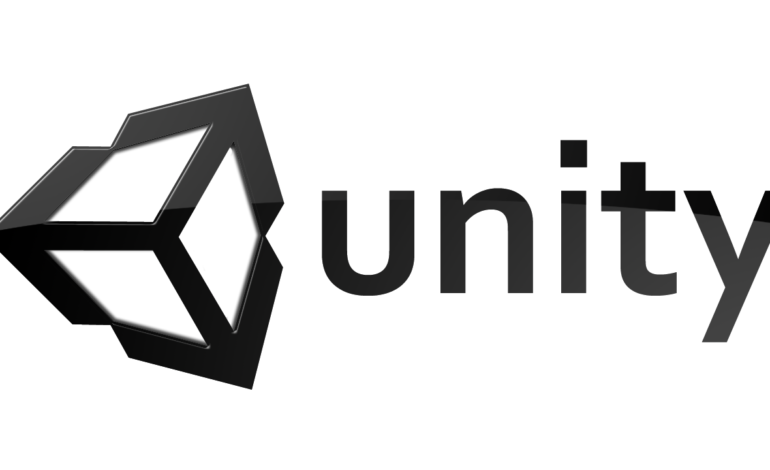

Software development company Unity Technologies is planning its initial public offering (IPO) today by filing an S-1 statement with the U.S. Securities and Exchange Commission. The document gives us a glimpse of the industry juggernaut’s revenue – and surprisingly, their losses. Despite a $380.7 million revenue in 2018, they reported a loss of $131.6 million. A similar trend continues through 2019, with a loss of $163.2 on revenue of $541.8 million. For the first six months of 2020, Unity reported revenue of $351.3 million with a loss of $54.1 million.
The Unity game engine is used by over 1 million active users in order to create games and animations. Programs utilizing Unity run on more than 1.5 billion different devices, and 53% of the top 1,000 mobile games on the Google Play and Apple App Store use Unity. The most notable rival of the Unity game engine is Epic Games’ Unreal Engine, but other smaller yet successful development engines exist, like CryEngine or Cocos2d.
The company claims that developers across 190 countries start 150,000 new projects every day, from huge hits like Ori and the Will of the Wisps to Fall Guys: Ultimate Knockout, to even future next-gen titles like Oddworld: Soulstorm.
One big aspect of Unity’s strength is their diverse userbase – on top of game developers, the Unity engine is used by architects, filmmakers, and even vehicle designers, and almost 76% of their total revenue is from customers outside the U.S. There are still risks, of course, and some risk factors for Unity include a limited operating history and a history of losses. Another risk the company cited was a dependence on operating system developers – an issue Epic Games is facing right now.
What does going public mean for Unity in the long term, though? On top of helping solve their financial losses, becoming a publicly-traded entity could help Unity gather the resources to further expand into other markets as well as improve upon the current Unity engine – like helping compete with the new Unreal Engine 5.
Play games, take surveys and take advantage of special offers to help support mxdwn. Every dollar helps keep the content you love coming every single day.
